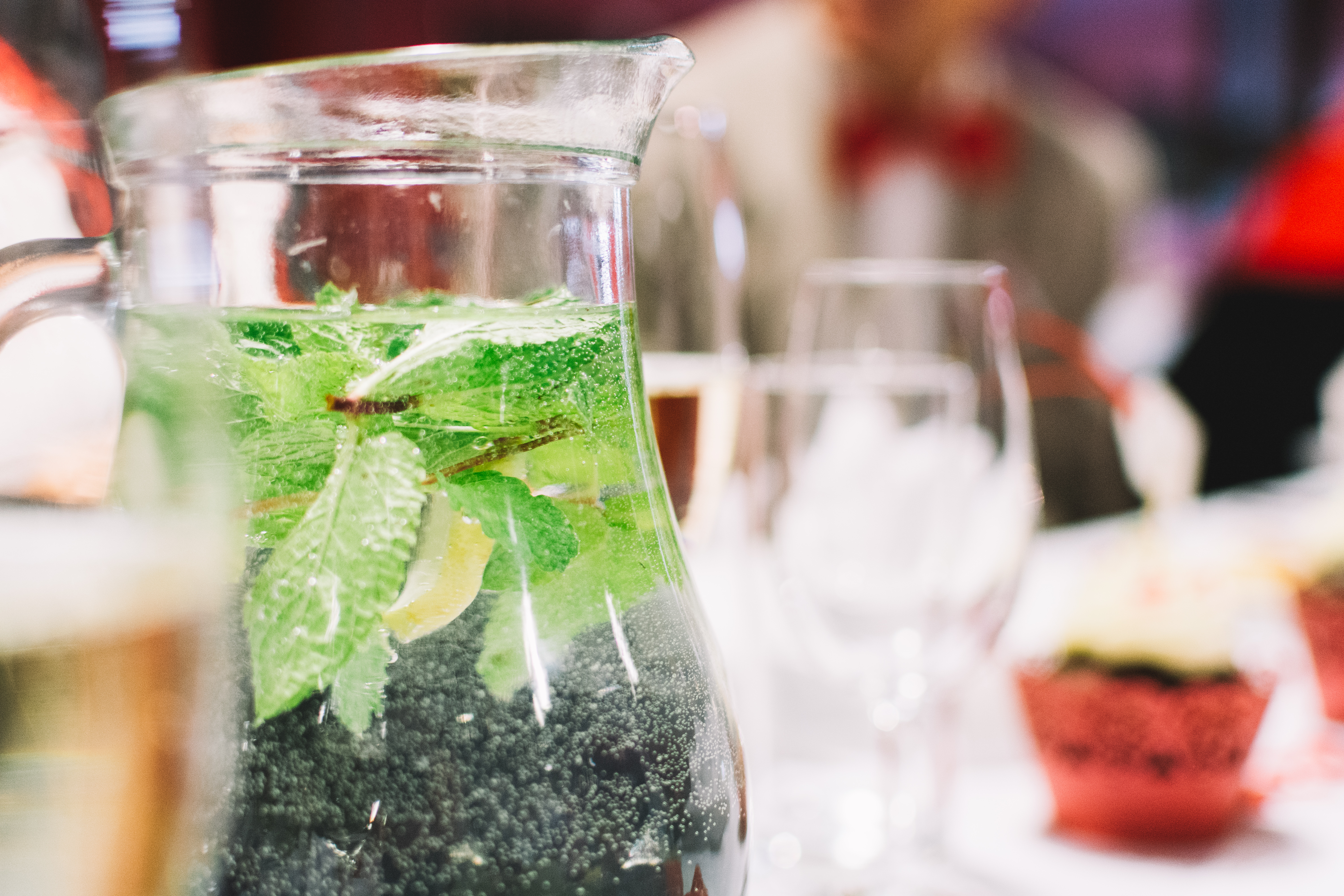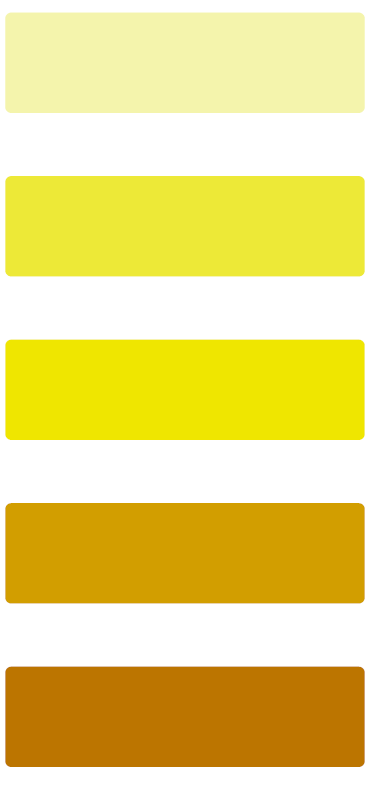
Something I’ve recently learnt more about is one of the most basic things that we tend to over complicate. Our bodies are over 70% water, that means it’s important to keep your levels topped up but we spend far too much time worrying about it than is truly necessary.
An awful lot of people mention hydration to me and it’s always a requirement for corporate wellbeing workshops. “I know I don’t drink enough water”, “Is 3 litres too much?” “Yeah but tea and coffee doesn’t count, does it?”
Let’s just hold up for a minute while I simplify this for you:

- Rather than worry about what counts and what doesn’t ask your self if you are thirsty. If you are then you probably need to have a drink.
- The next time you go to the toilet, check your pee. Is it dark yellow? Is it smelly? If so then you need to drink more fluid. Or eat, because fruit and veg contain lots of water.
- Are consuming mostly caffeinated, added sugar or artificially sweetened drinks? Then yes you should aim to get some water in throughout the day but you don’t have to cut them out completely. Water does not have to be your sole drink, forever.
- If you are getting a headache and your concentration is starting to dip then it could be the onset of dehydration.
- A hangover is severe dehydration.
What about for exercise?
It really only becomes slightly more technical for elite or endurance athletes as hydration levels can impact their performance. For athletes and those training for endurance events it may be beneficial to calculate your own sweat rate as that will assist you in knowing how much to drink, over what time frame and to ensure you don’t drink too much. This requires a short calculation and some measurements so ask for help with this one.
After intense or endurance exercise pure water is not the most rehydrating of drinks. Skimmed, whole milk or dissolvable electrolyte tablets are great as they also replace the minerals your body has lost through sweating. Try not to include sugary sweetened rehydration drinks as they are likely to add extra calories to your diet which really aren’t needed. You don’t need a Lucozade (other brands are available) after a 30 minute game of squash, you may if you’ve just run a marathon.
If you are generally into exercising it will help to start your session already hydrated. So, if you are one who likes to work out first thing in the morning, then get some fluid into you as soon as you wake up. If you are out for a leisurely Sunday jog or on your way home from Crossfit stick to the above tips and you’ll be ok.
Moral of the story. Unless you are an elite athlete, or completing in an endurance event, hydration is really, quite straightforward. There is no magic number, no formula, no ideal amount. It’s purely down to you to know yourself, I’m hopeful we can all manage that?
